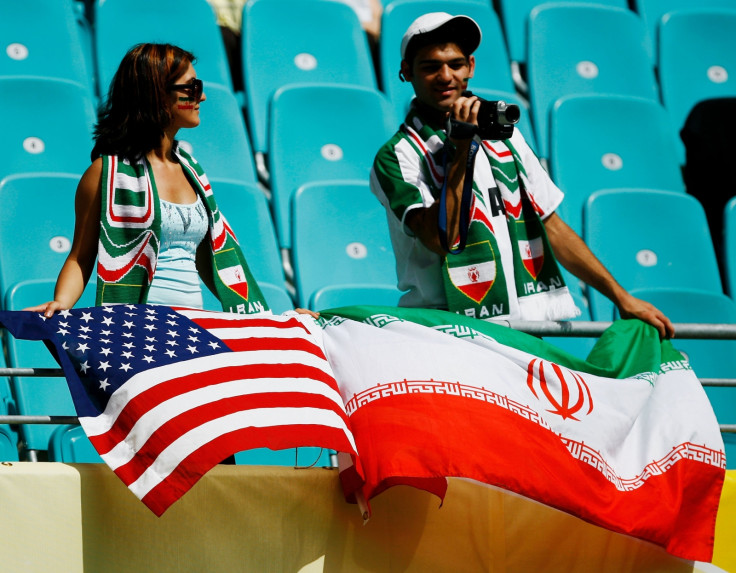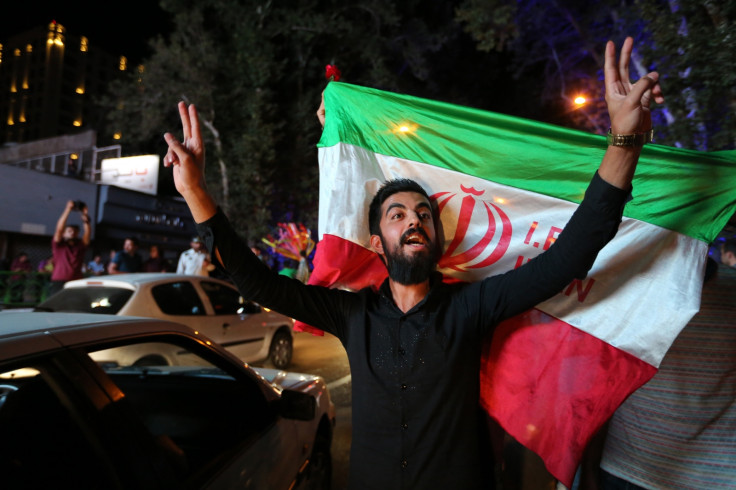Iranian police seize goods bearing 'Satanic' US and UK flags

Police in Iran have arrested distributors for selling garments which bear the flags of the US and the UK. The clothes that featured the "satanic symbols" were also seized from stores in Tehran, the capital's police chief, General Hossein Sajedinia, was quoted by the semi-official Islamic Students News Agency as saying.
"This morning we took these clothes off leading distributors," he said, adding that any shops that sell such goods "will be closed". The chief said reports about the trading had been received in the past fortnight, prompting surveillance and detentions.
After an historic nuclear agreement was struck on 14 July in Vienna, thousands of jubilant Iranians took to the streets to celebrate a defining moment for the country, 36 years after the Islamic revolution. Britain and Iran also reopened their embassies in Tehran and London respectively.

But the optimism surrounding the deal that will finally see sanctions lifted on Iran in exchange for steps preventing it from acquiring nuclear weapons – which is just one Senate vote shy of garnering enough support to secure the agreement – does not reflect persisting hostilities from certain quarters in both camps.
In the US, lawmakers including Chuck Schumer and Bob Menendez – both of whom have strong ties to the American Israel Public Affairs Committee (Aipac) – have publically opposed the deal while Iran's most important military figure, General Jafari, has expressed unease at the country's leadership for thinking that a cessation in hostilities are "a main reason for concern".
"What causes even greater concern is that with this simple-minded attitude these people believe that we need to choose another path and should change our behaviour," General Jafari was quoted as saying. Warning that the US is still the "same Great Satan", General Jafari also announced plans to expand the reach of Iranian missiles.
Another stern critic, Mohammad Yazdi, head of the country's clerical council warned that Iran would not open its market to US businesses. "The US will take this dream of coming to the market of Iran and getting the income it used to make before the revolution to its grave," he was quoted as saying by the official Islamic Republic News Agency.
© Copyright IBTimes 2025. All rights reserved.




















